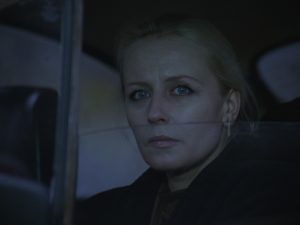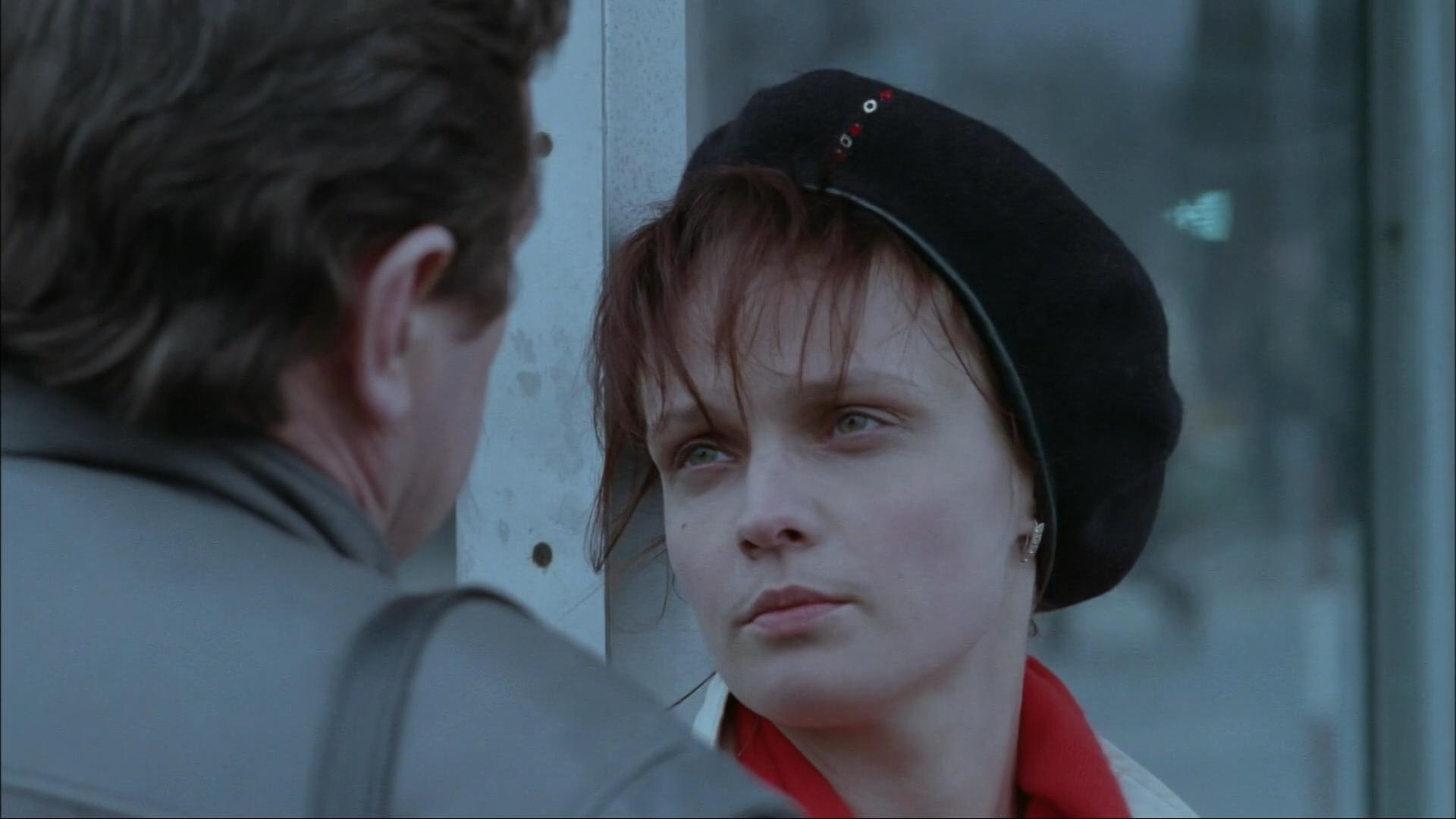A Polish masterwork makes a stop by Montreal’s Cinéma du Parc
This September, Cinéma du Parc will be showcasing Krzysztof Kieślowski’s newly restored 1989 Polish TV drama Dekalog, a miniseries which presents a timeless look into ageless aspects of the human condition. Janus Films has finally delivered a restoration to this masterwork that will now be screened for a month at Cinéma du Parc in collaboration with the Festival du nouveau cinéma.
Filmed in 10 separate hour-long segments, Dekalog is a quintessential European epic in cinephile circles alongside the likes of Sátántangó (1994) and Berlin Alexanderplatz (1980).
But rest assured it does not demand to be viewed like a regular TV show. Despite being a television series, it functions as 10 individual short films. Each part is connected by theme only, not by linear narrative structure. At Cinéma du Parc, each ‘episode’ is screened during five two-hour blocks over the span of three weeks.

It is also worth noting that while the series is themed around the Ten Commandments, a strong or weak connection to religion is not required to enjoy these works. The themes serve only as inspiration to 10 intimate portrayals of everyday life.
A two-time Oscar nominee, the late Kieślowski is a giant in Polish cinema. He holds the distinction of being one of the most revered directors of his time, with Sight and Sound naming him the second greatest director of the modern day in 2002. Kieślowski’s prime years were in the late ‘80s and early ‘90s in which he directed, in addition to Dekalog, the Three Colors Trilogy films (1993-1994) and The Double Life of Veronique (1991). Despite being remembered for his narrative works, Kieślowski cut his teeth in the field with 21 documentary credits to his name before his transition into auteur cinema.
The screenings should serve as a welcomed alternative to those starved for an art house cinema fix in the wake of the summer blockbuster season. It also presents a great introduction to the style of European Art Cinema and even post-Cold War Eastern European Cinema as many of the episodes, such as Part V: Thou Shalt not Kill (1990), feature allusions to anxieties of a post-Cold War society.
Cinéma du Parc will be releasing their scheduled list of screenings each week on their website.




